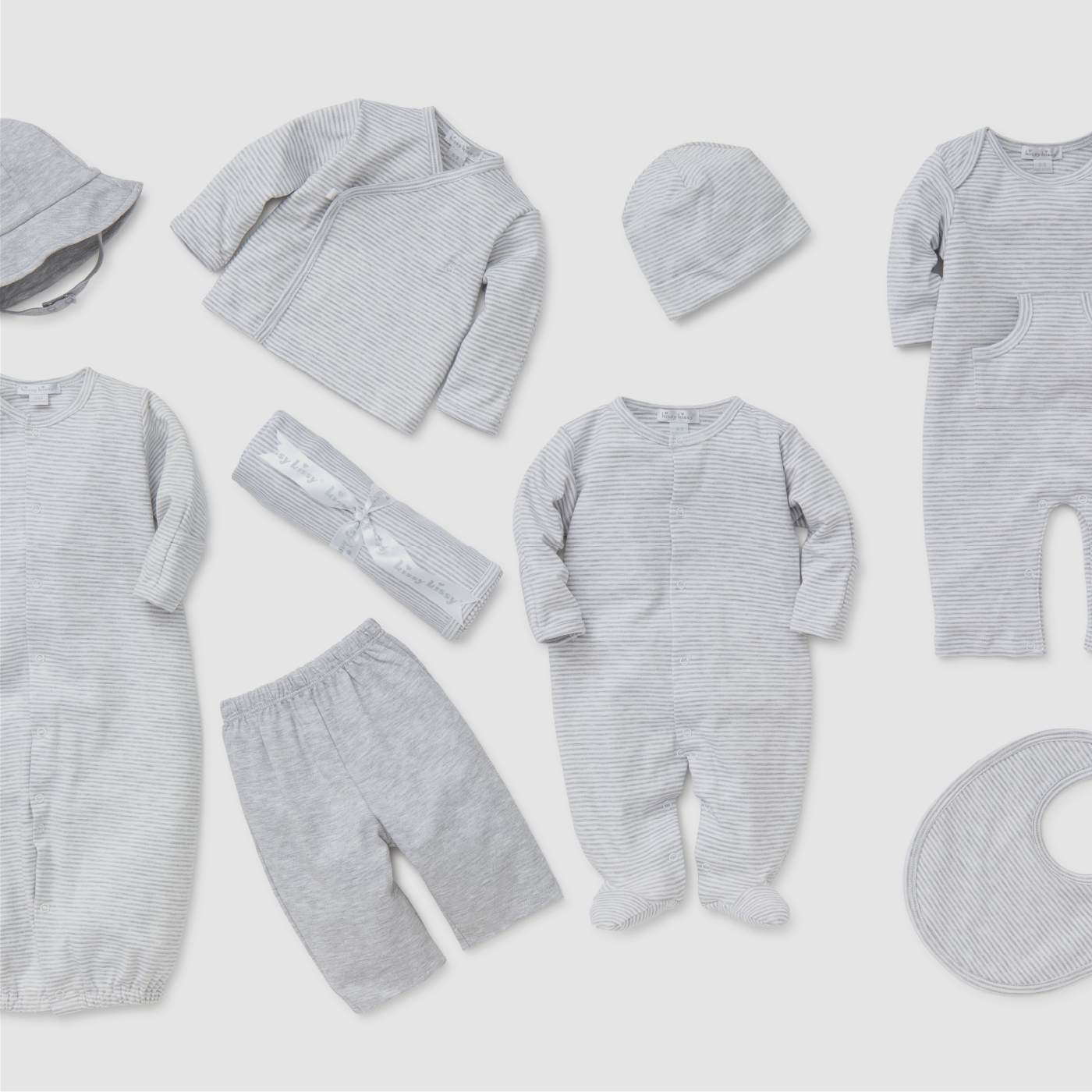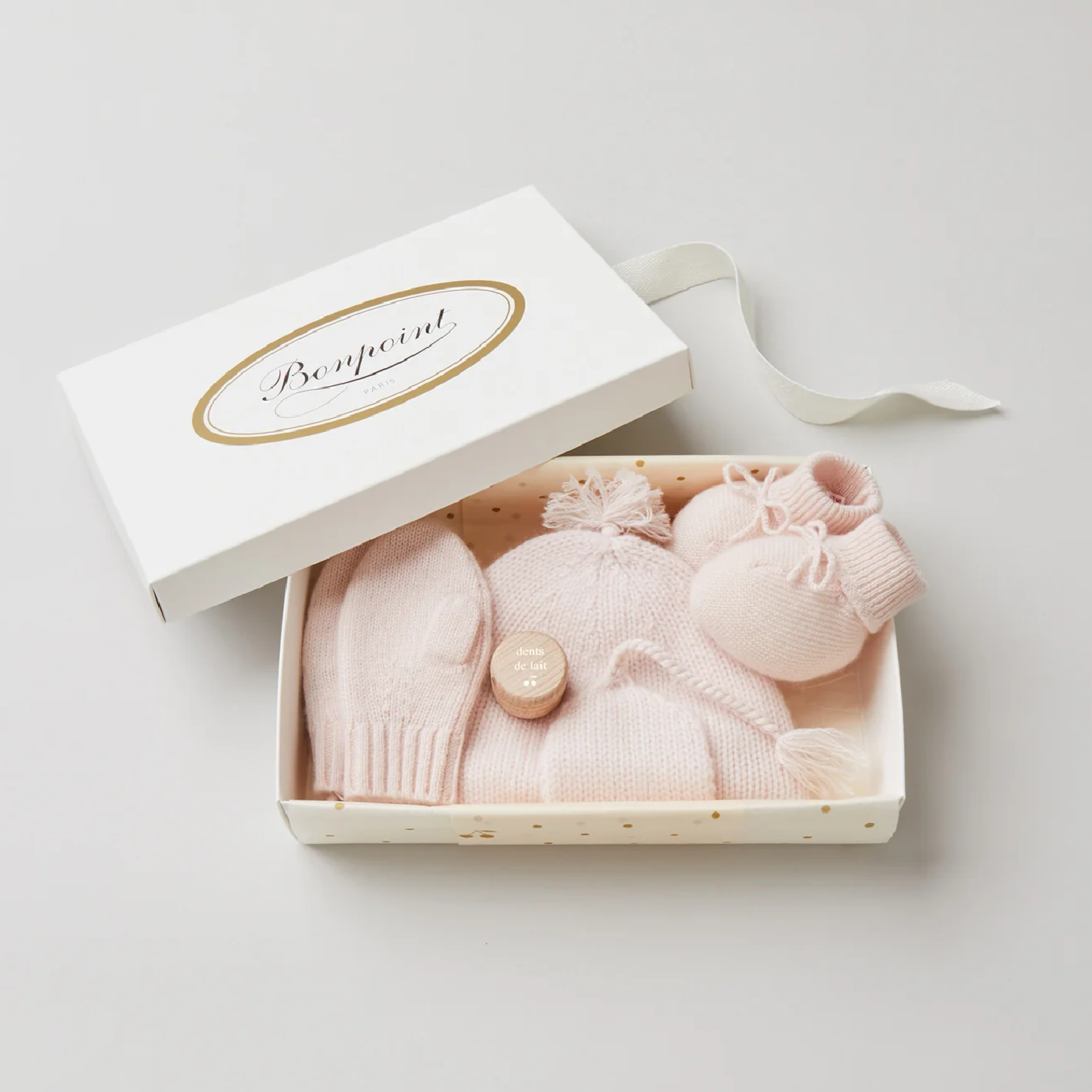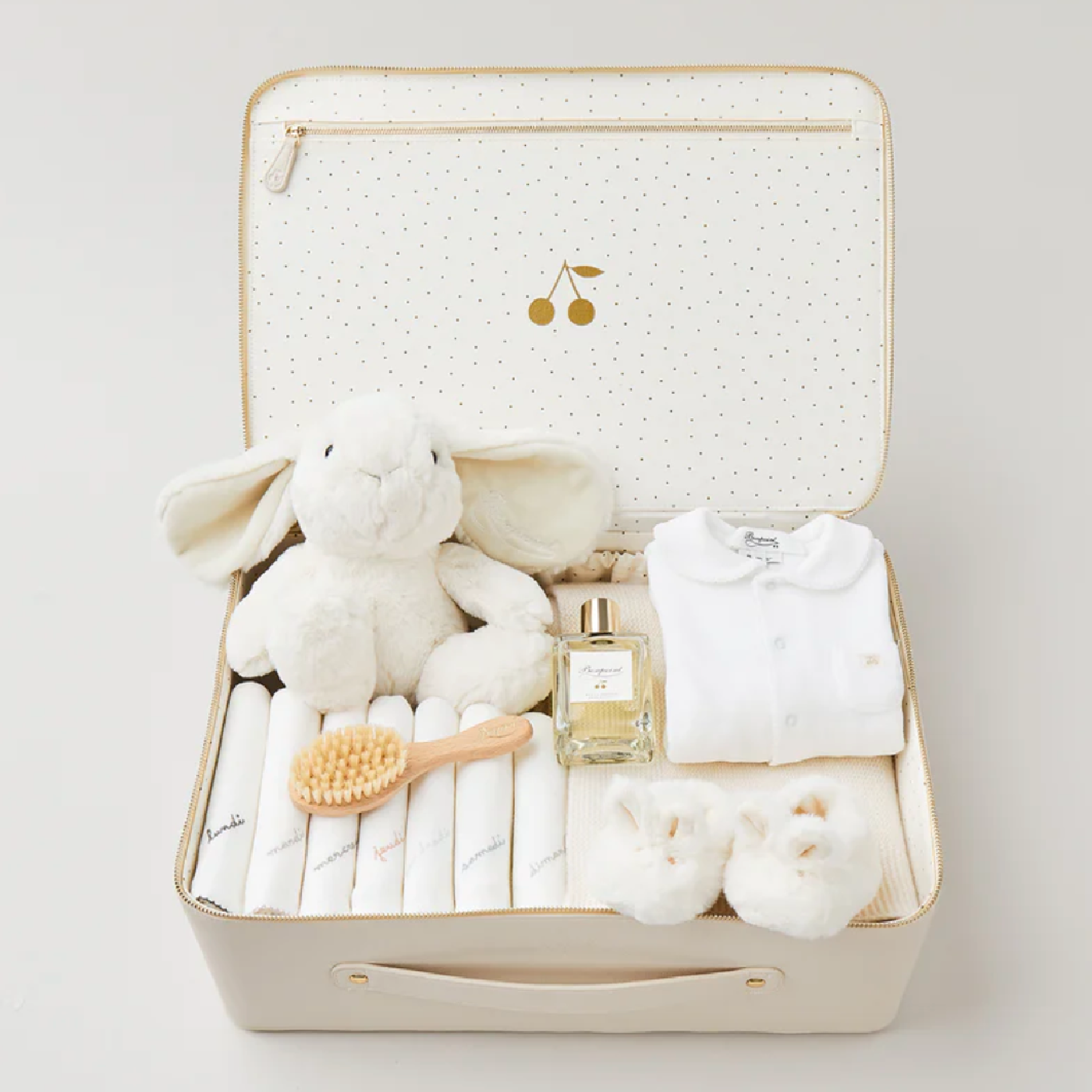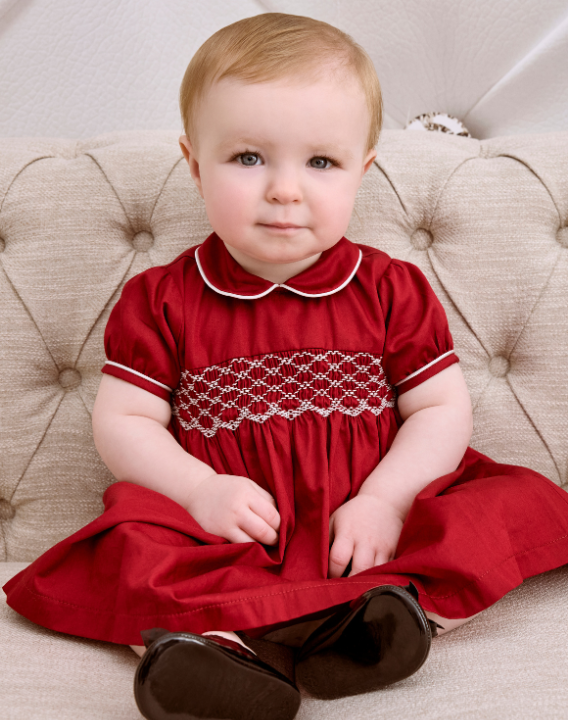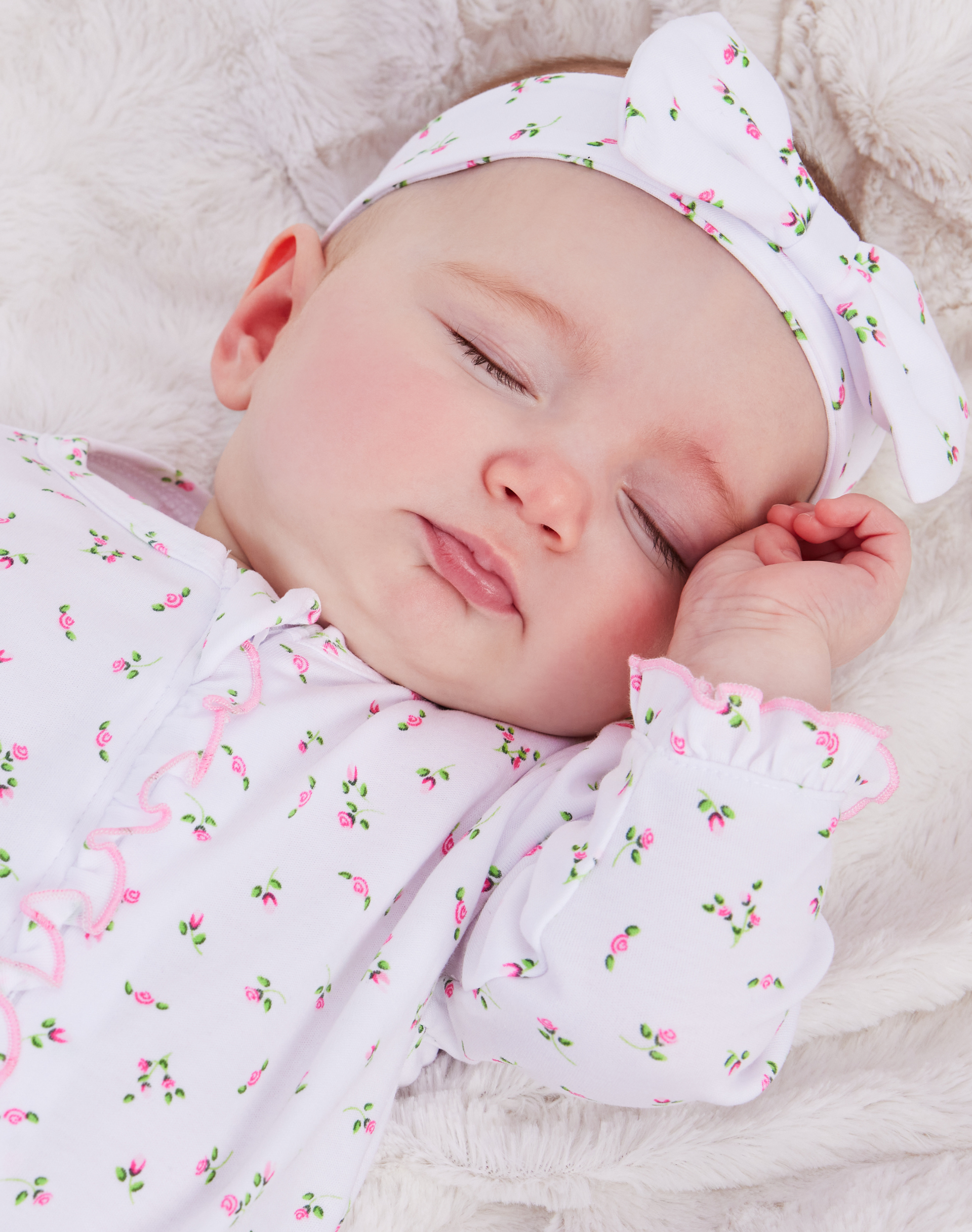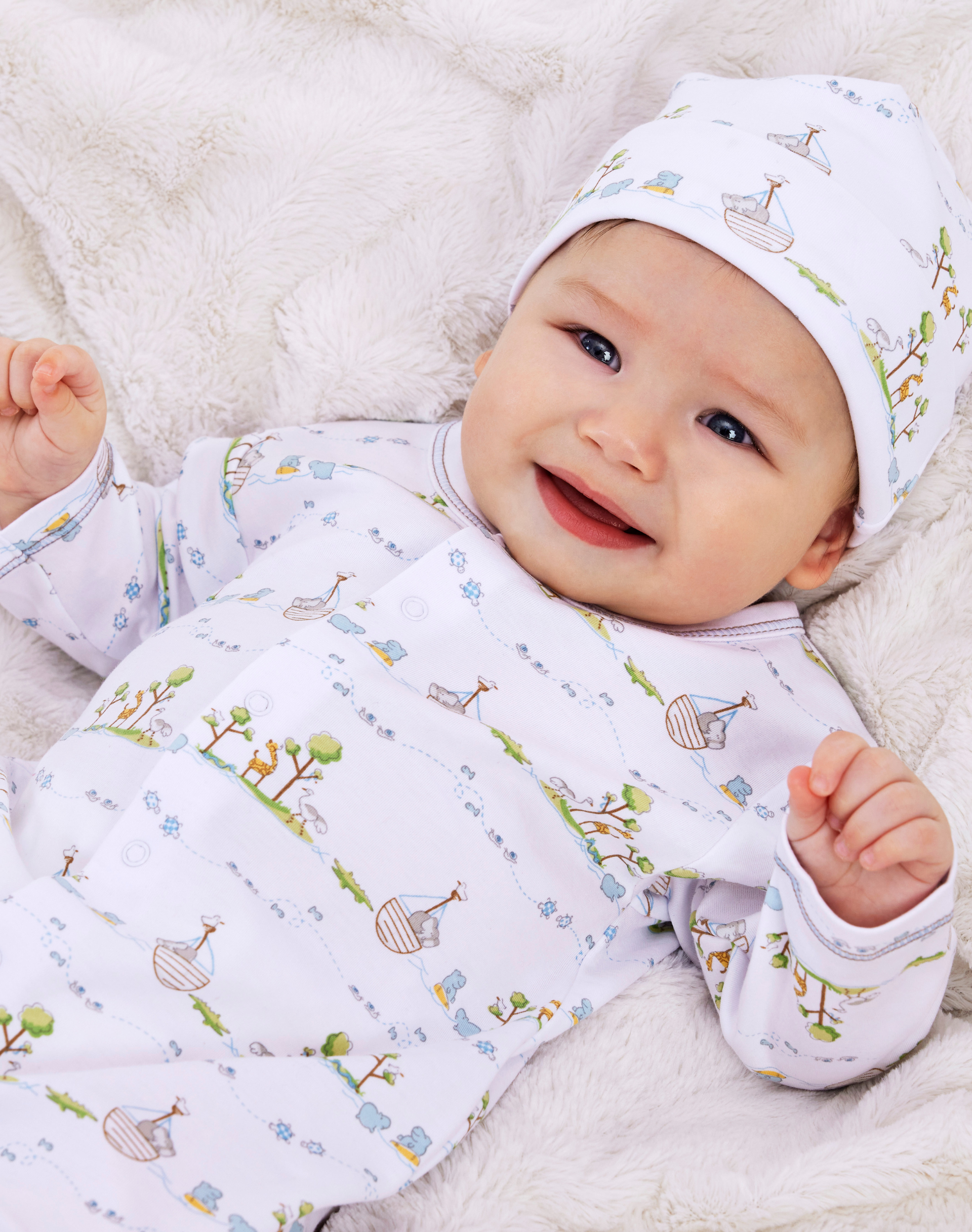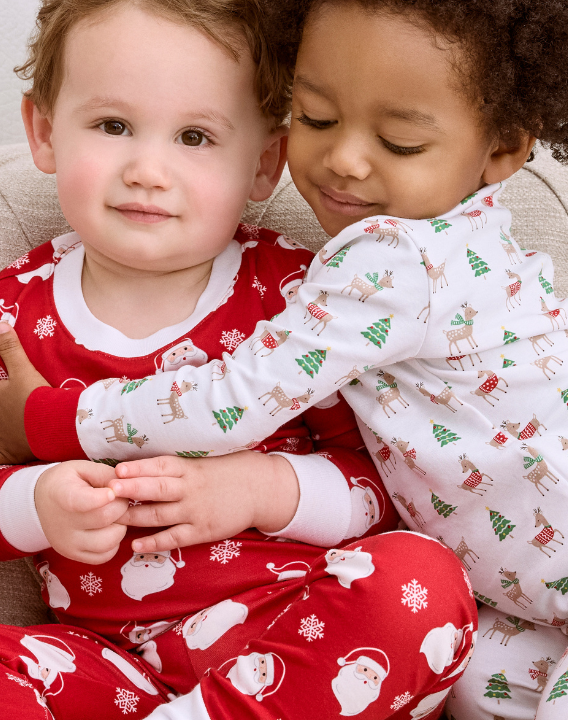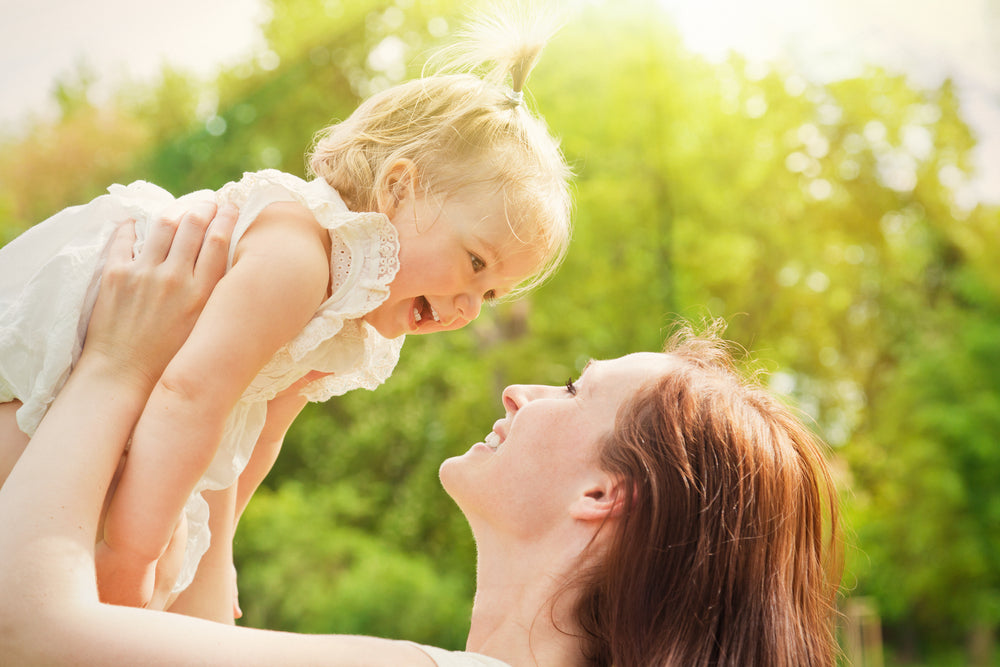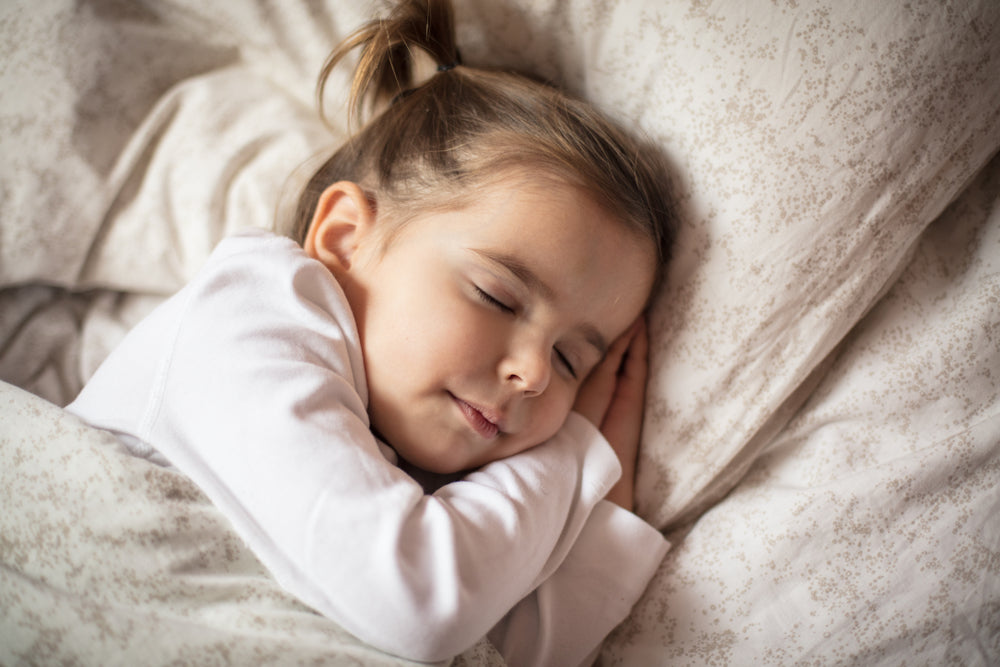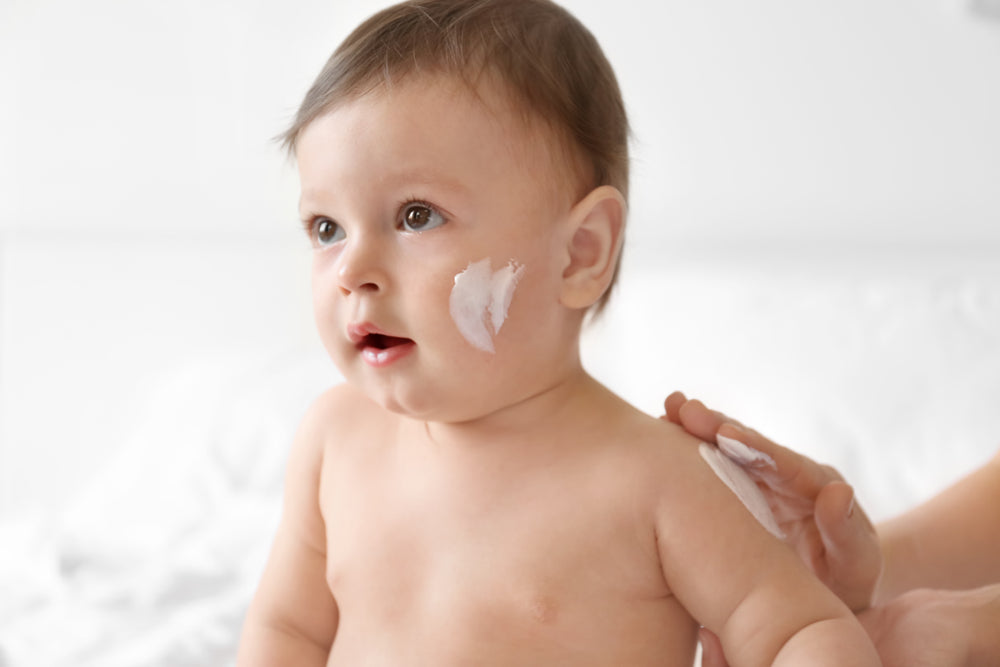
Cold Weather Tips for Baby's First Winter
Dealing with baby’s first winter can be worrying. After all, a mother and father’s first instinct is to keep their child safe and warm. So when frosty temperatures hit, it can seem like the world is working against you. But you don’t need to be as concerned as you think you do. Yes, babies shouldn’t be left too cold, but the optimal temperature for your little one is cooler than you think. According to a James J. McKenna, Ph.D., the director of the Mother-Baby Behavioral Sleep at Notre Dame University, you should keep your thermostat set between 68F and 72F.
Still, extremely cold weather happens? So, what should you do to thrive during baby’s first winter?
1. Check Their Tummy
Just like adults, your baby’s extremities get colder more quickly than the rest of him. So, don’t worry if your baby’s hands and feet feel cool, this is normal. Instead, if you want to check if your baby is too hot or too cold, check his chest, back, or tummy. These areas should feel warm but not hot. If he’s cold in his center, then he needs more layers.
2. Don’t Overdress Your Baby
Several studies show that overdressing an infant can overheat them. This increases the chances of sudden infant death syndrome (SIDS). So, while it’s natural to want to keep your baby cozy, being too warm is just as much of a concern. The truth of the matter is that your baby needs to be able to lose heat to regulate their system, so too many clothes can be a problem.
How do you know if your baby has too many clothes on? If you find your baby sweating while she’s sleeping, she’s overdressed. So, instead of covering your baby in clothes in winter, consider using a blanket instead, which she can kick off as needed.
3. Don’t Be Afraid of Layers
Layers are your friends when it comes to dressing your little one for the frigid outdoors. There’s nothing wrong with using cold weather hats, booties, socks, wraps, mittens, and bunny rugs.
With clothing layers, you can take off and put on more clothes depending on how the day heats up or what you’re doing. A good general rule of thumb is to dress your baby in the same number of layers as you’re wearing, PLUS an extra layer.
Just remember to remove layers as soon as you head indoors. You don’t want your baby to overheat.
4. Avoid Very Cold Weather
Unless it’s absolutely necessary, avoid taking baby out in very cold weather. When temperatures drop far below freezing, it can be difficult to know how many layers your baby needs and to prevent overheating. So, try and stay indoors during the coldest times, but if you can’t avoid it, be smart.
Pay particular attention to fingers, toes, ears, nose, and chin in very cold weather.
5. Protect Baby’s Skin
If you get dry skin in the winter, it’s safe to say that baby will get dry skin too. In fact, winter can be incredibly harsh for your baby’s tender skin. It can sap precious moisture and turn her cheeks leathery and wind-burned. The good news is that you can protect baby’s skin in just a few steps.
- Choose a thick baby moisturizing cream or a thick ointment like petroleum jelly.
- Spread moisturizer on thickly, particularly on areas that look or feel dry. And keep extra baby moisturizing cream with you for additional applications.
- Only use perfume-free baby soaps and lotions, as these are less irritating.
- Use a humidifier in your baby’s room to minimize skin-drying effects. Just be sure not to place the humidifier too near or directly over your baby.
- Avoid making your baby sweat. Sweat can lead to blocked glands and skin irritation.
- Bathe less. According to the American Academy of Pediatrics, infants shouldn’t be bathed every day. Two or three times a week is more than enough during the first year. Too many baths can increase skin dryness. And when you do bathe, keep it to less than ten minutes and use lukewarm water, not hot.
6. Pay Attention to Viruses
Getting sick during the winter is common. You need to pay attention to what’s going around and do your best to protect baby.
Colds and the flu tend to be more common in winter. To protect your little one, be sure to wash your hands frequently, cough or sneeze away from your child, and keep your child away from other sick individuals. You should also be sure that everyone in your house over 23 months of age should get the flu vaccine to reduce your risk of sickness in the home.
Baby’s first winter doesn’t have to be scary. In fact, it can be a wondrous time with sledding, snow, and other activities. As long as you follow these tips, you can have a fantastic time all winter long.
Join Us
@kissykissy
